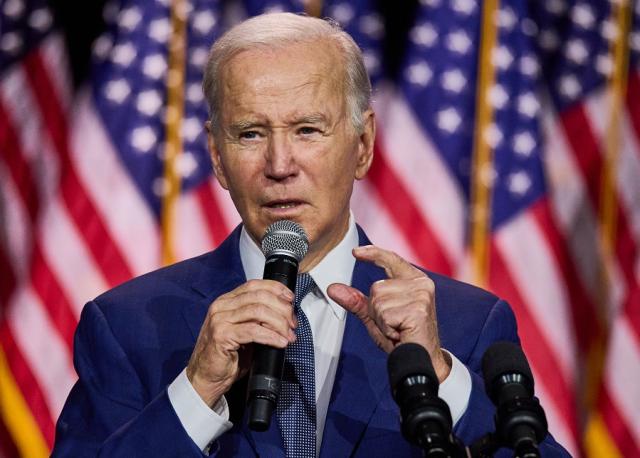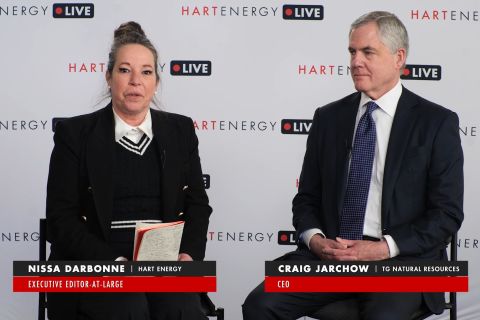
Few details were available, though news reports said the deal to avoid defaulting on the national debt also provides modest changes to the National Environmental Policy Act and protects tens of billions of dollars for clean energy. (Source: Shutterstock.com)
An agreement between President Joe Biden and House Speaker Kevin McCarthy to avoid a defaulting on the U.S. debt includes provisions aimed at streamlining permitting, although details remain hazy, multiple sources reported.
The New York Times reported that major energy projects would be granted a streamlined review process with a single lead agency charged with developing a single review document according to a public timeline.
The agreement would enact the changes without curtailing the overall scope of the current review process, cutting down the statute of limitations, imposing barriers to standing or taking away injunctive relief or other judicial remedies, according to the report.
The deal, which was still being negotiated in the early hours of May 28, also provides modest changes to the National Environmental Policy Act, a 1970 law that allows the federal government to analyze the environmental impacts of proposed projects, Yahoo Finance reported.
The White House on May 10 had called on Congress to pass permitting legislation that would help speed up clean energy and fossil fuel projects as the bipartisan effort gets pulled into a standoff on the debt ceiling.
Clean-energy incentives were apparently preserved. Citing a source familiar with the talks, NPR reported that the deal protects tens of billions of dollars for clean energy, rebates and clean-up efforts for harmful pollutants from oil and gas.
In remarks to the press on May 27, McCarthy said that, “after weeks of negotiations we have come to an agreement in principle. We still have a lot of work to do.”
McCarthy said the agreement would not include new taxes.
In a May 27 statement, Biden said the agreement “represents a compromise, which means not everyone gets what they want. That’s the responsibility of governing.”
“Over the next day, our negotiating teams will finalize legislative text and the agreement will go to the United States House and Senate. I strongly urge both chambers to pass the agreement right away,” Biden said.
Recommended Reading
Williston Warriors: Enerplus’ Long Bakken Run Ends in $4B Chord Deal
2024-02-22 - Chord Energy and Enerplus are combining to create an $11 billion Williston Basin operator. The deal ends a long run in the Bakken for Enerplus, which bet on the emerging horizontal shale play in Montana nearly two decades ago.
Exclusive: Is TG Natural Resources Looking to Snap Up More?
2024-03-27 - At Hart Energy's DUG Gas+ Conference and Expo in Shreveport, Louisiana, TG Natural Resources' President and CEO Craig Jarchow said the integration of the Rockcliff Energy acquisition is well underway and that "being acquisitive is certainly" in the company's future.
Exclusive: Frank Tsuru Reflects on Indigo's History, Impact in the Haynesville
2024-04-11 - Frank Tsuru, president and CEO of Momentum Midstream and former CEO of Indigo Natural Resources, looks back at the early stages of Haynesville development and the Indigo-Southwestern deal, in this Hart Energy Exclusive interview.
Exclusive: Rockcliff CEO on $2.7B TGNR Deal, Value of Haynesville M&A
2024-04-10 - Rockcliff Energy CEO and President Alan Smith discusses the ups and downs of executing the transaction with TG Natural Resources and what's on the Rockcliff III radar, in this Hart Energy Exclusive interview.
Exclusive: Pat Jelinek on Decarbonization Efforts, M&A Outlook
2024-04-16 - Oil and gas leader for EY Americas Pat Jelinek discusses trends in the Lower 48 like consolidation and why decarbonization is "more important" in the near term than the energy transition, in this Hart Energy Exclusive interview.





